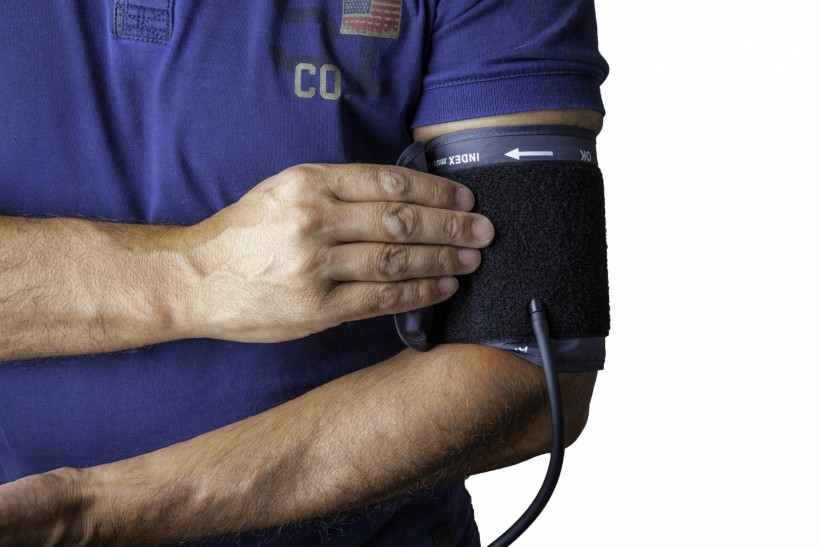A University of Oxford study discovered that one in every eight people experiences evening hypertension, which may be missed by daytime doctor's appointments. People ages 40 to 75 years old were the focus of the study.

Blood Pressure Monitor Health
The University of Oxford Discovers Some People Experience Hypertension Spikes at Night
According to the Daily Mail, blood pressure in healthy people usually drops at night as the body relaxes and prepares to sleep. However, researchers from the University of Oxford discovered that 15% of people experience the opposite effect.
NICE, the NHS watchdog, currently recommends that general practitioners (GPs) only diagnose patients based on daytime blood pressure levels. However, the Oxford team believes that ambulatory monitoring (wearing a cuff for 24 hours) should be used more frequently.
Hypertension: Reverse Drippers
Lead study author Professor Lionel Tarassenko said that daytime blood pressure measurements are insufficient. He said that over a 24-hour period, blood pressure follows a cyclical pattern. It usually drops at night while sleeping and then rises when a person wakes up. This new research was published in the British Journal of General Practice.
However, for mostly elderly people, the pattern is reversed for what they call the reverse dippers. In most cases, the elderly may already have kidney disease or diabetes. He said, in this case, the blood pressure rises at night and then falls when they wake up.
He explained that reverse dippers have their lowest blood pressure during the day. In this scenario, daytime monitoring at home or in the GP clinic will give them the wrong results.
Oxford University Research Study on Hypertension
Around 21,000 patients from 28 GP practices and four hospitals in the Oxford area participated in the study. Researchers discovered nearly half (49%) of patients admitted to hospitals were categorized as reverse-dippers.
Approximately 15% of community participants had high blood pressure at night.
One in every three reverse dippers had at least one cardiovascular disease in both hospital and community patient groups.
Researchers Conclusion
GP Laura Armitage, a research fellow at the Nuffield Department of Primary Care Health Sciences at the University of Oxford, said that their research shows that measuring night-time blood pressure could help identify the one in every eight adults who have undiagnosed hypertension.
The study is important because it would result in a decrease in cardiovascular disease and death. It also emphasizes the importance of providing 24-hour blood pressure monitoring by GPs to their patients.
ALSO READ: Hypertension And Other Top Global Killers
The Importance of Monitoring Blood Pressure
According to the CDC, it is critical to get an accurate blood pressure reading so you can see your risk for heart disease and stroke. A blood pressure reading that indicates your blood pressure is lower than it is may give you a false sense of security about your health.
People with high blood pressure should monitor their blood pressure at home, according to the American Heart Association (AHA). Regularly checking your blood pressure at home assists your healthcare providers in determining whether or not your treatment is effective.
Home blood pressure monitors are widely available and do not require a prescription. However, it is critical to understand how to choose and use a good home blood pressure monitor.
RELATED ARTICLE: Early Detection of Hypertension Made Possible by New Technique Using Silver Nanoparticles
Check out more news and information on Medicine and Health in Science Times.














